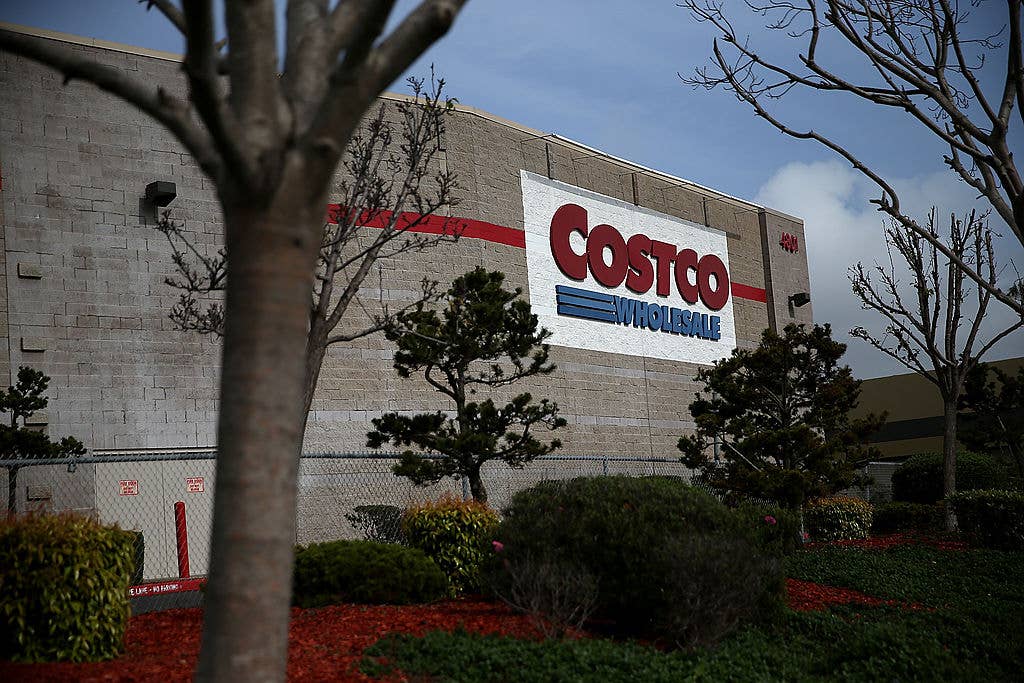
This Piece May Turn You Off Chicken, or More Precisely, Costco’s Chicken
At The Beet, we focus on eating more plant-based foods for the sake of your health. There are new studies every week that indicate a mostly or fully plant-based diet is the healthiest way to eat to reduce the risk of heart disease, diabetes, high blood pressure, certain cancers, obesity, and type 2 diabetes.
We fully believe that as more and more people choose to eat plant-based for health and the planet (since raising plants is gentler on the environment than raising animals) there will be more awareness around the way our food systems work and where our food comes from. That's already happening and since the pandemic started, the number of Millennials who want to eat more plant-based has jumped to 54 percent, according to a recent survey.
So we make an effort not to wade into the disturbing topic of factory farming, and the horrific conditions of what goes on in places animals are raised for food. At the end of the day, we believe that more people will eat more plant-based if the welcome mat is out and the door is open and no one is judged for any non-plant-based foods they eat.
Eating more plant-based means that anyone can participate in this way of positive thinking–that you can improve your health just by choosing to eat more plant foods–whether they have just tried their first plant-based burger or been told that their cholesterol is a little high and they need to improve their diet. Being "flexitarian" means eating plant-based is a fluid equation and does not entail never eating animal products again. The more plant-based foods someone eats the better, for their health and the planet.
When The Times Covers the State of Farming, It's News, and Consumers Take Note
But when Pulitzer Prize-winning writer Nicholas Kristof covers the topic of how chickens are farmed, in The New York Times, and it relates to our consumer behavior, it seems relevant to cover the story. Ultimately this is an article about choosing which store you choose to go to and what to buy there. How we shop, what we eat and our spending habits can make changes in how our food is raised or grown, so essentially everyone has the power to affect farming practices, in a way that we Americans do best: With our wallets.
Kristof reported on a Mercy For Animals investigation where one of their volunteers went undercover into the grim world of chicken farming to report back on the fact that the birds are raised in squalid, unsafe, and unsanitary conditions. To reporting set off a firestorm of reaction.
Costco sells 100 million chickens a year, at the cost of $4.95, Kristof reports, so perhaps it's no surprise to learn that they are bred to not be able to stand up under the weight of their enormous bodies, that they explode in size faster than is normal or healthy, and they live in squalor and die by being boiled to death, sometimes alive. Not to over-tell the story, since we will let Nicholas Kristoff tell it.
Consumers Can Affect Change: Companies Have Committed to "Better Chicken"
The one thing to know is, just as when you are about to see a violent crime on the news the anchor warns you that what you are about to see may shock you, we say this: What you are about to read will upset you, so if you don't want to know about the conditions that these millions of chickens are living under, or dying under, then don't read on. But do look for the "Better Chicken Commitment" from other stores and chains, which ensures that companies are trying to correct some of these barbaric practices.
According to Kristof: "Burger King, Popeyes, Chipotle, Denny’s and some 200 other food companies have embraced the Better Chicken Commitment, but grocery chains generally have not, with the exception of Whole Foods" which has. So if you are not yet fully plant-based you may rethink your chicken choices. And if you are eating fully plant-based you can feel that your dollars are being spent on vegetables, fruit, whole grains and nuts, and seeds that are raised and harvested by farmers that grow our food rather than torture it.
Read the full story here: The Ugly Secrets Behind the Costco Chicken
More From The Beet






